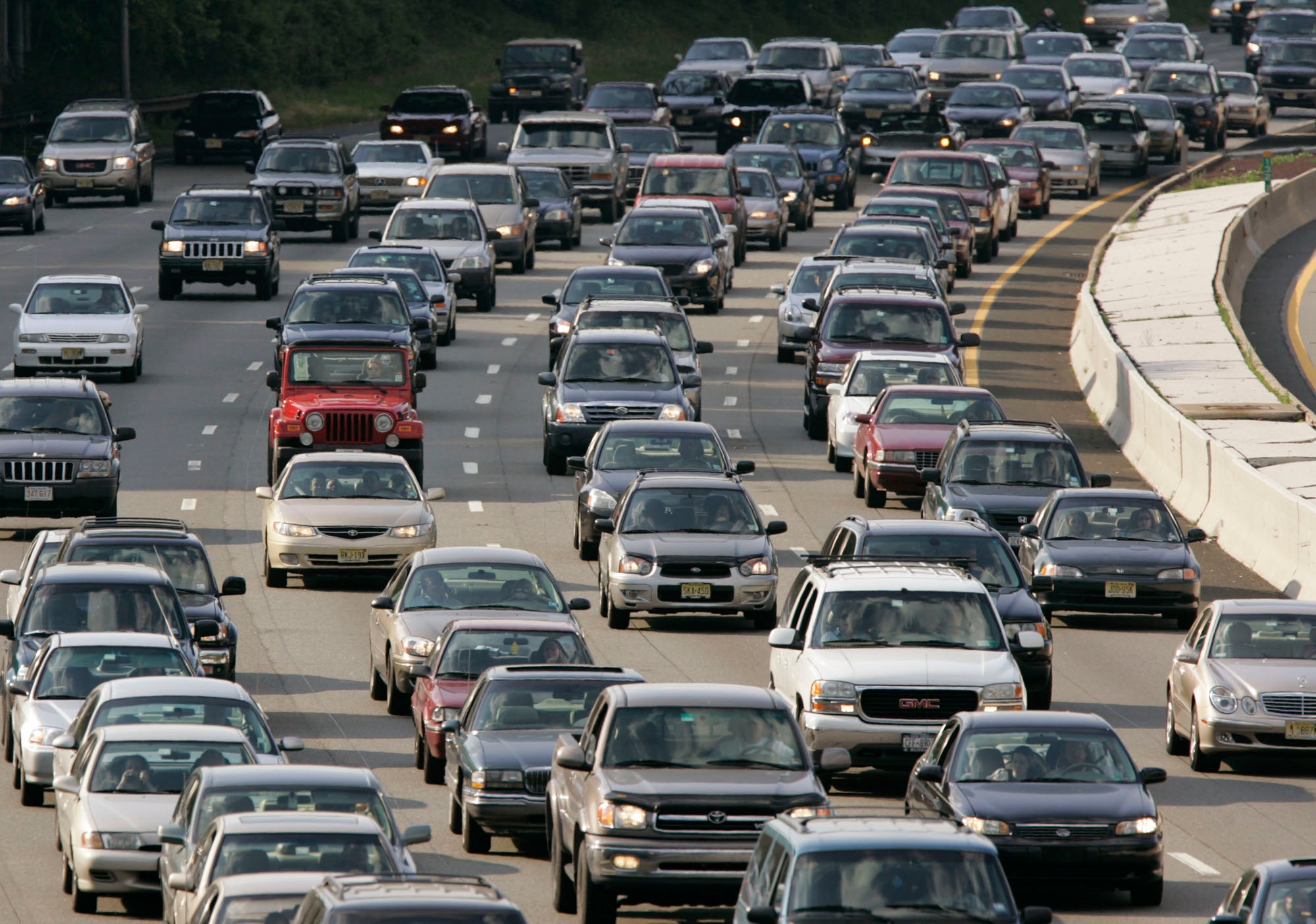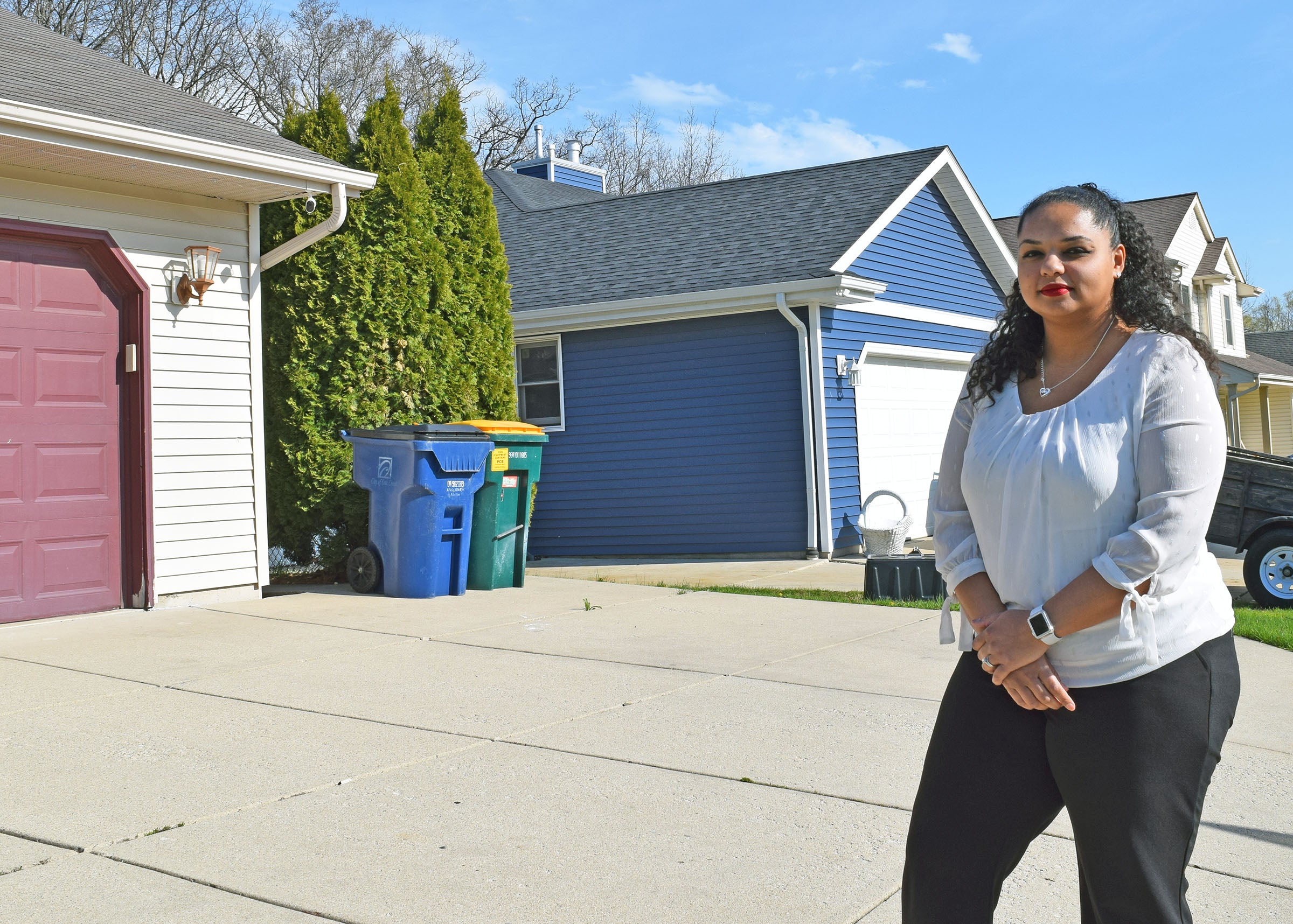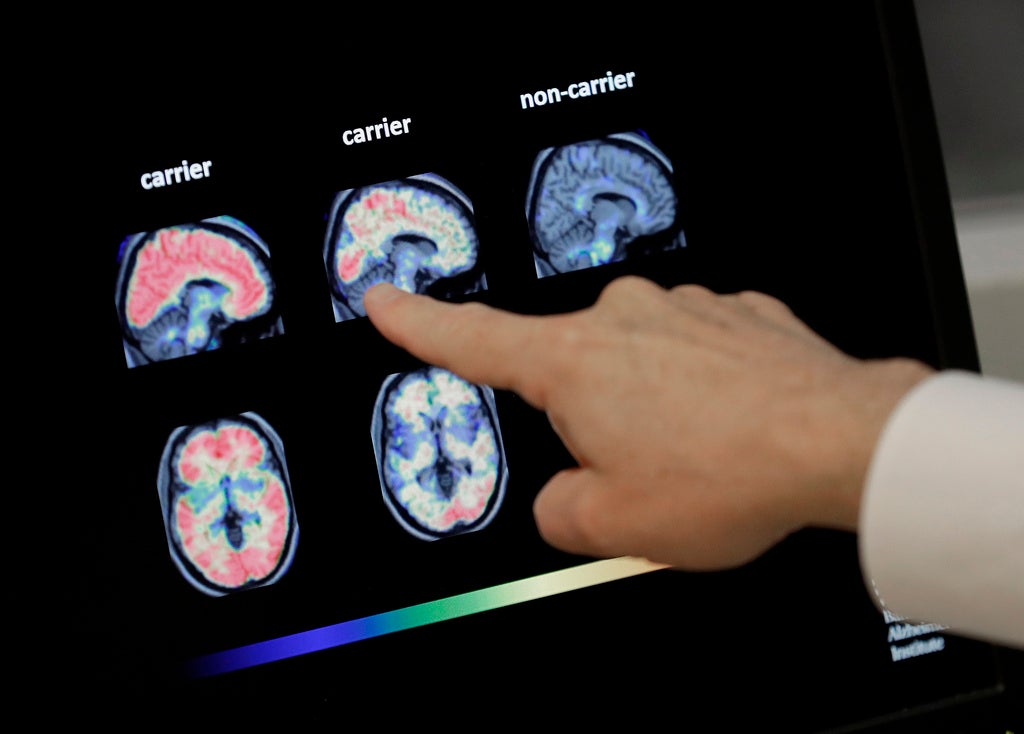People often associate noises such as car horns, jackhammers and sirens with annoyance or irritation. However, new research shows that noise pollution may have more serious effects. This hour we explore the connection between chronic noise, stress and cardiovascular risks, and consider methods of protection.
Featured in this Show
-
Researcher: Noise Pollution Increases Risk For Heart Disease
Noise is making us sick.
So says Dr. Thomas Münzel, a cardiologist and the lead researcher of a review paper published in the Journal of the American College of Cardiology titled “Environmental Noise and the Cardiovascular System.”
A number of studies over recent decades have found connections between cardiovascular disease and noise pollution. Now researchers have reviewed these studies and are pointing to the strong links between loud, prolonged exposure to noise and increased risk for developing cardiovascular disease.
“The discussion that noise is just annoying is now over because the evidence is so strong that noise is almost a cardiovascular risk factor like high cholesterol, diabetes or high blood pressure for future coronary disease,” said Münzel, who is also director of the University Medical Center Mainz at Johannes Gutenberg University in Germany.
Researchers measure the loudness of a noise in decibels. Put into context: whispering is 30 decibels; conversation reaches about 60 decibels; and starting an airplane jumps to 120 to 130 decibels. Exposure higher than 90 decibels will likely lead to ear damage, Münzel said.
But even lower levels of noise – 50 to 60 decibels – for the entire night or day cause some noise annoyance, particularly during sleep, which can lead to cardiovascular disease down the line, he said.
“It seems that by having noise, you are having stress, and this stimulates the generation of free radicals in your vessels,” Münzel said. “Interestingly, this goes parallel with diabetes, high cholesterol, high blood pressure, or if you are a chronic smoker.”
Studies show that people who live in urban areas experience this more, largely because the disruptive noises predominantly come from transportation — cars, railways and airplanes. But a key distinction is the noise has to be chronic, he said.
“Our concept currently is that everything which is caused by noise is mediated by stress,” Münzel said. “If you have noise, then our body responds to stress. Cortisone and adrenaline levels go up, and if the levels of these hormones are elevated for hours, they stimulate enzymes in vascular tissue which cause vascular disease in response to noise.”
An increase of 10 decibels increases the likelihood of getting coronary artery disease, heart failure or stroke by 3 to 4 percent, he said. That may not seem substantial, but mixed in with other risk factors for heart disease, it augments an already existing problem.
Researchers began to review these studies six years ago, but Münzel notes not many studies exist with respect to noise research.
“We have more data concerning air pollution and that connection to help,” he said. “With noise it’s just empty.”
One study in Germany calculated that if railway noise intensity persists for 10 years at a mean of 70 decibels and a peak of 100, it may account for 25,000 to 30,000 deaths in the next 10 years, Münzel said.
Although it is important to note these are calculations, not data, as noise is often the forgotten pollution, he said. The World Health Organization has also classified noise pollution as an underestimated threat.
“Noise is making us sick, it’s something that has to be accepted now,” Münzel said. “Nobody is listening to those recommendations.”
There are habits people can adopt to protect themselves against noise, like ear plugs, but to make a real difference, laws need to be changed, he said.
“We are struggling here because politicians still don’t believe the research that noise is making us sick,” Münzel said. “The laws are helping people running the airport, not living next to it. This is something that has to change.”
Episode Credits
- Kate Archer Kent Host
- Nyajai Ellison Producer
- Dr. Thomas Münzel Guest
Wisconsin Public Radio, © Copyright 2025, Board of Regents of the University of Wisconsin System and Wisconsin Educational Communications Board.






